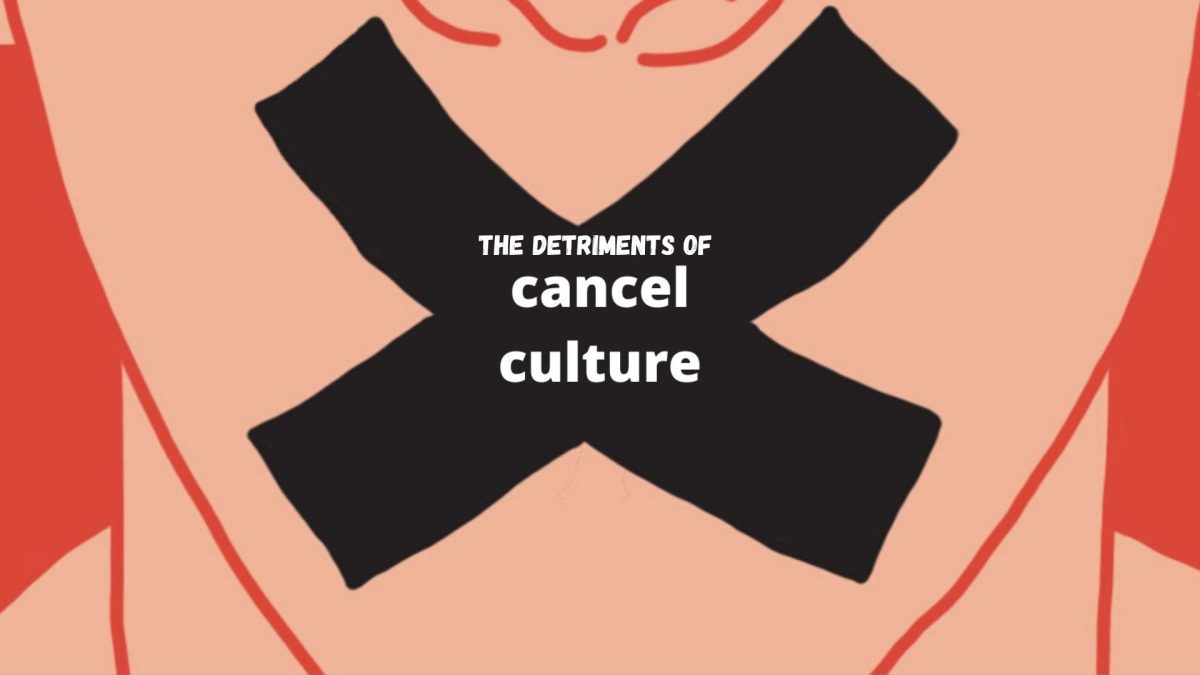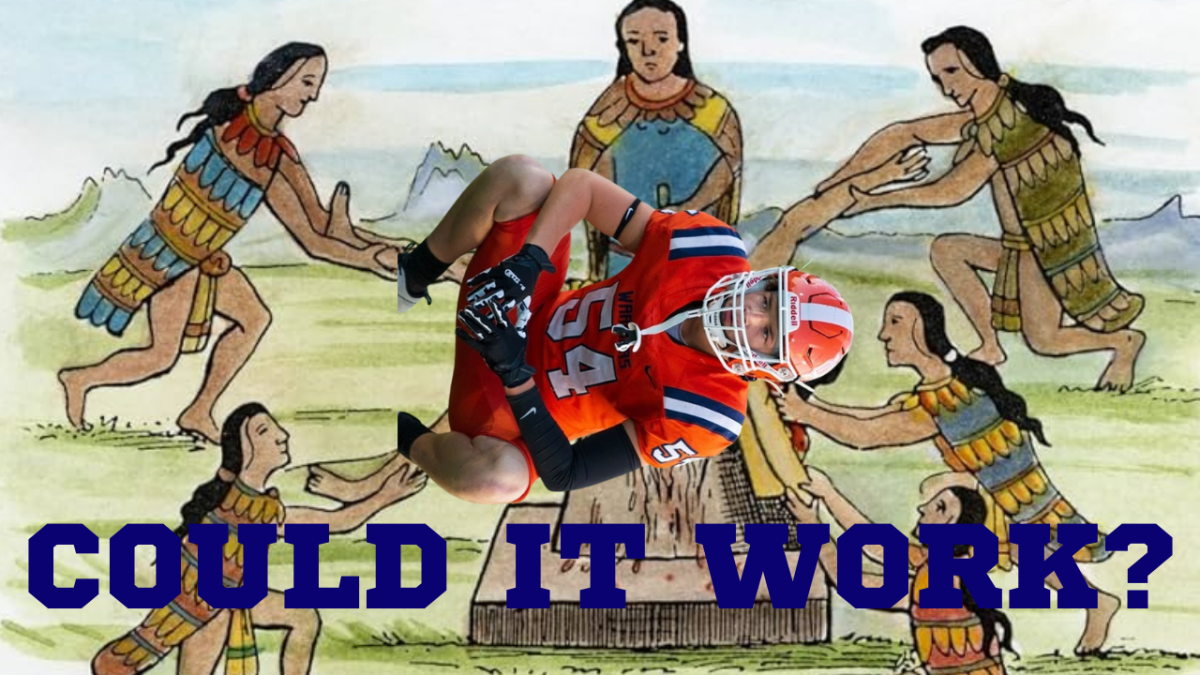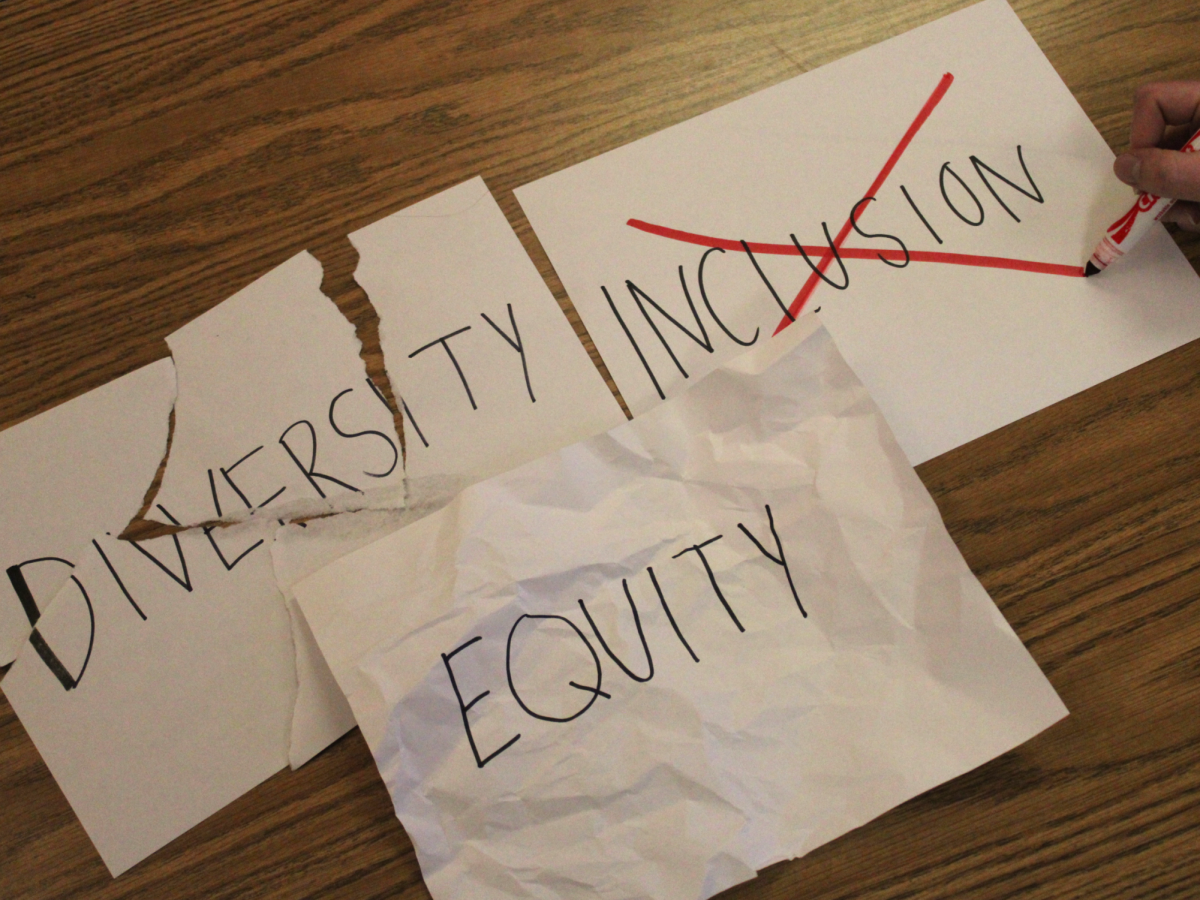Fueled by social media platforms and the desire for people to take accountability, cancel culture seemingly expanded overnight. When audiences take a look at cancel culture, this topic seeks to hold individuals accountable for their actions and words even if a person’s action took place 50 years ago. However, audiences should not ignore its harmful consequences. Cancel culture has evolved into a harmful force that staggers an individual’s ability to change, and it creates a climate of fear and conformity.
“That’s cancel culture in a nutshell. A group of grievance hunters who police traditional sources of joy for potential offenses that will allow them to weaponize your outrage into their clout. They’re cultural arsonists but the one thing every cancel has in common is that fact that once the outrage mob gets its way they move on without achieving any tangible progress for anyone but themselves,” author Jimmy Failla said.
In this age of social media, the fear of facing cancellation grows every day. Audiences wait by their phone for the next person or group of people to say or do an action deemed offensive. This issue prohibits opinions from forming and discourages individuals from challenging opposition. Humanity’s ability to grow and learn from one another lessens every day due to the grasp that cancel culture holds on society. Hindering progress and change, the effects of cancel culture cause excessive issues for those involved.
Although cancel culture has recently shown its detrimental effects, this topic manages to promote occasional benefits. The cancellation of celebrities such as Olivia-Jade, Matt Rife and James Charles shows the media genuinely cares about public safety and holding public figures accountable. Audiences online might not cancel everyone deserving of it, but they try their hardest to cancel everyone they think deserves it. An increased amount of celebrities face the repercussions of their actions while other celebrities’ actions fly under the radar. The reach of cancel culture essentially depends on whether audiences think a public figure deserves the treatment along with cancellation.
Cancel culture silently sneaks up on public figures and promotes the dangerous “mob mentality”: a sizable group of individuals who collectively target a person and force judgment on them. This rush of judgment frequently occurs based on public opinion and frequently does not take into consideration the issue from another individual’s perspective. The consequences can come off as severe, ruining lives and careers without presenting the opportunity to defend themselves once the public has deemed them as “canceled.”
Though the public initially intended to promote accountability through cancel culture, its unintended consequences do not remain unnoticed. The rush of judgment, mental health impacts and the inability to grow from one another hinders everyone. As a whole, audiences should strive to find a balance between accountability and allowing space for growth and understanding. The exploration of different perspectives does not need to scare audiences into harsh criticism; shame should not occur as frequently as it does online. Unless society condemns cancel culture and its harm, the ability to progress and learn from one another will continue to decline.
“I think [cancel culture] is effective when people do it right because they fall off the face of the earth, but I don’t like the picking and choosing of who to cancel and who not to. We should hold everyone up to the same standards” junior Brianna Gilbert said.











